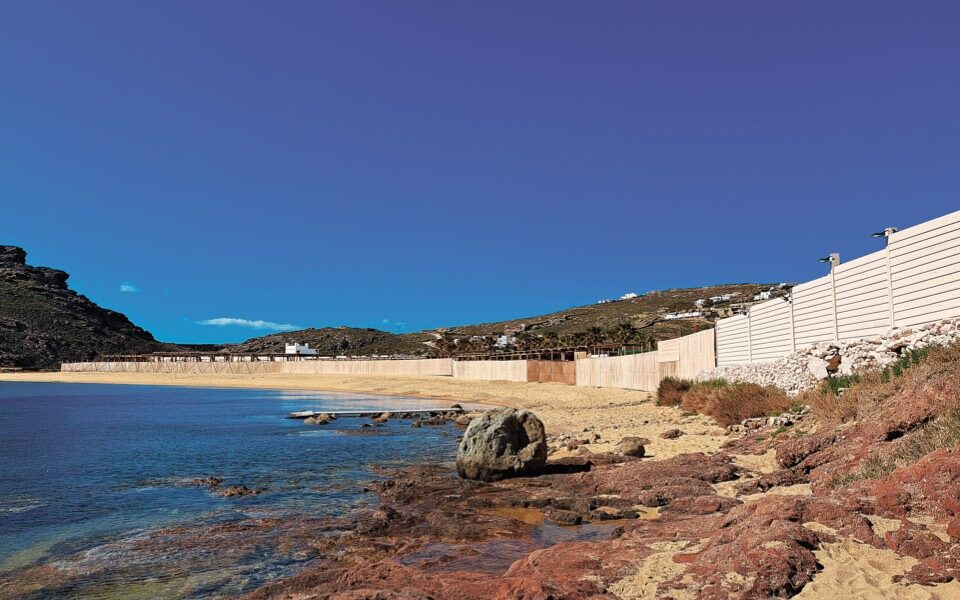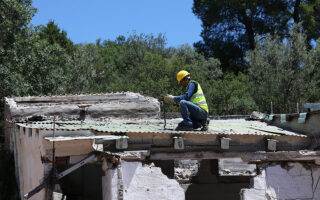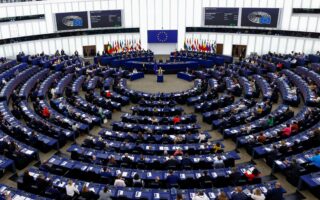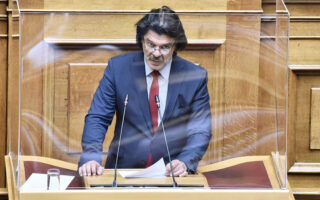Shades of corruption

The latest information about Greece in the Eurobarometer survey on corruption is nothing new, but the trend is upward. And if the respondents had been asked to answer the same questions after the recent revelations about the rampant illegal construction on the island of Mykonos, perhaps there would not have been a single citizen left in this country who did not believe that corruption is widespread. According to the survey, Greece ranks first among the 27 EU member-states in perceived corruption, with 98%, while the EU average is 68%.
The negative image we have about the operation of the state deteriorated further in recent months following the attack against an archaeologist who had revealed the urban planning abuses in Mykonos, the unwritten law of “silver or lead,” the “tourist model” of urban planning “settlements.” The government took action: It froze building permits, tightened controls, and the businesses in question began demolishing arbitrary structures. Although steps are being taken in the right direction, the responsibility and commitment of those in charge is increasing. Because if this is a temporary suspension of the serial illegalities due to the upcoming elections, a return to the established reality after the polls will also mean the definitive abandonment of the island to all kinds of mafias.
So far, none of this is new. But it is this strange silence, two weeks before the election, that makes the issue pertinent again. Society is marginally deactivated, rather indifferent, perhaps just too tired. But time does not stop and the dry rot does not stop eroding our structural and mental foundations. The machinations that produce corruption are not only visible in Mykonos – they can be detected in dozens of other instances.
There is no holistic treatment. But what can really help is a change of paradigm, for which the political system must work as a whole. It doesn’t help to tackle illegality on the beaches only to ignore it in universities; to create dysfunction elsewhere, by abolishing – for example – the minimum entry requirement for universities introduced by the current administration. You might ask, what does one have to do with the other? It is the same production line of fraud, a first stage of deception which, mathematically, leads to corruption, as well as uncertainty. No one invests politically in anything because trust is so often broken. Not only toward the institutions but also toward oneself.





